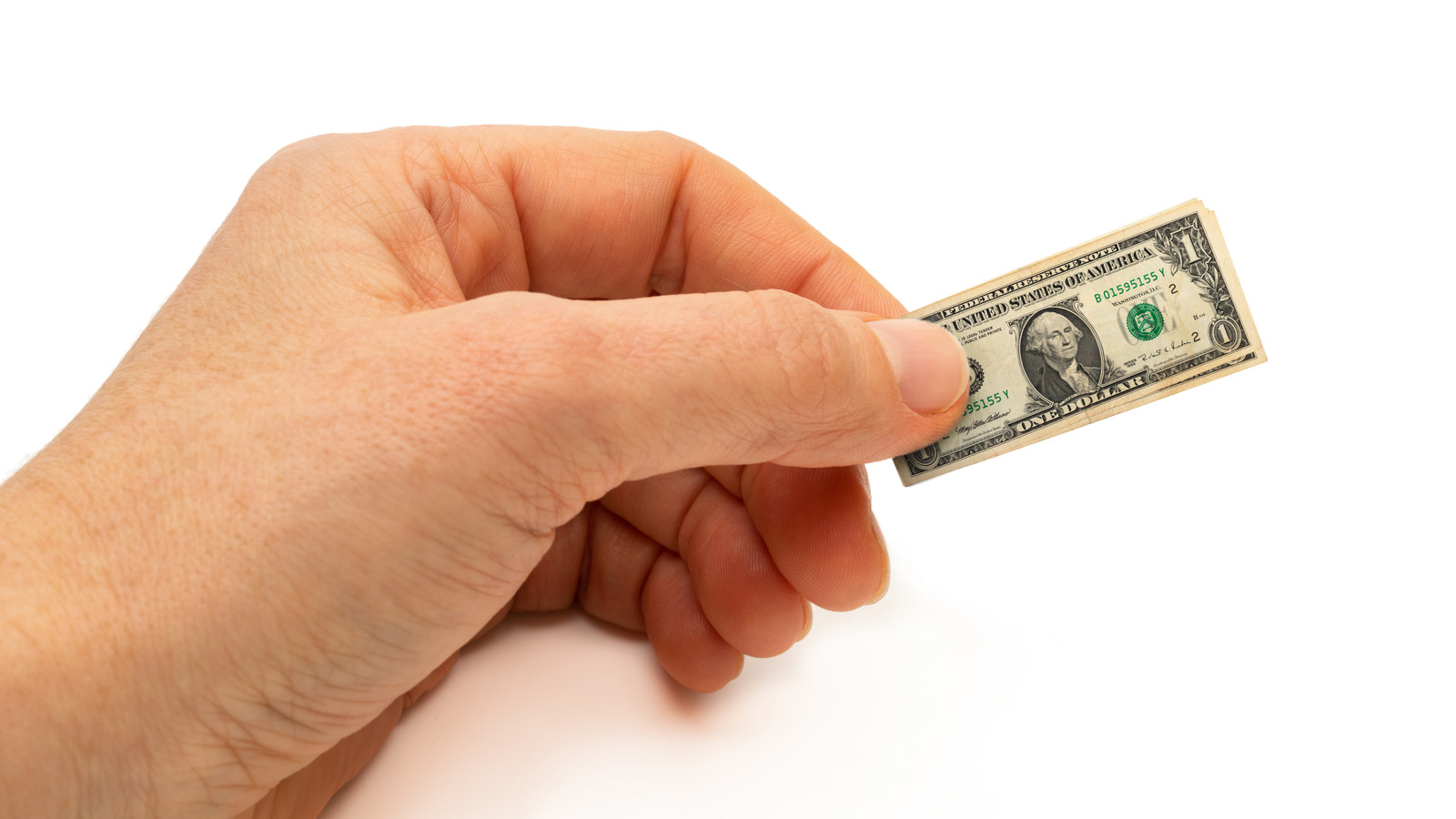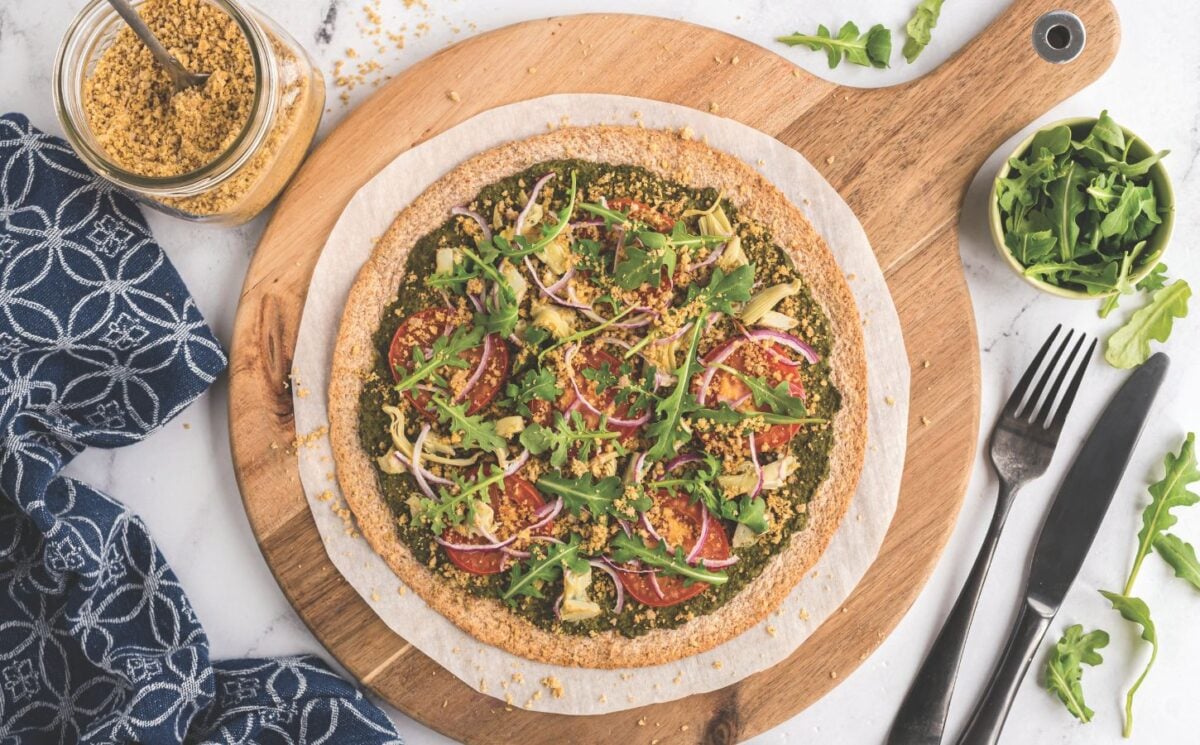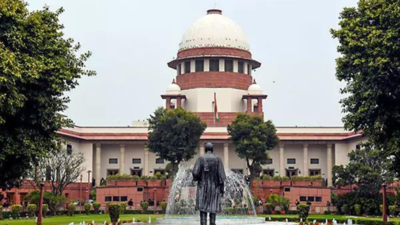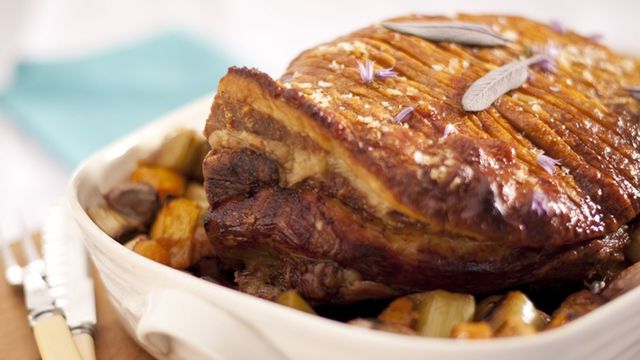
Skimpflation: It's one of those things you might not have the word for but have certainly experienced. A similar phenomenon known as shrinkflation, receiving a smaller quantity of food for the same price , has plagued restaurants and grocery stores for years — think smaller burger patties at fast food joints and fewer chips in each bag. But skimpflation, while harder to identify, is also widespread in today's world.
It's the word for when you buy something at the same price you bought it for last year or a few years ago but at a much lower quality. This doesn't just apply to the lower quality, less healthy food that's now more readily available in supermarkets — it carries over to drinks, restaurants, and even hotels. Many restaurants, hard-pressed in the face of rising material and labor costs, have had to cut staff numbers significantly, increasing worker burnout and slowing down service times.
Meanwhile, many hotels have stopped offering room service unless guests request it, and in some states can no longer legally give small complimentary bottles of shampoo and lotion to guests. These changes are partially an effort to reduce plastic waste and strain on hotel workers and to maintain privacy in a post-COVID world. But, while any industry change has nuanced reasoning, it can certainly be frustrating for people on vacation to dish out the same high prices without the amenities and speedy service they remember from years prior.
Recognizing and avoiding skimpflation One of the struggles with skimpflation is that it's hard to spot. You can be on the lookout for brands that have visibly maintained a high product or service quality, and there are ways that you can fight back when the quality sinks. The more skimpflation becomes an issue, the more there will become a market for products and brands that maintain their high standards.
If customers show via verbal or social media feedback — and through spending — that quality matters, businesses are likely to take note and be more transparent about their materials and ingredients. There have been multiple circumstances of companies listening to customer complaints about shrinkflation and adjusting accordingly. In late September, Whole Foods announced in the comments section of a TikTok that they were reversing a controversial modified recipe for their Berry Chantilly cake after shoppers claimed it had dropped in quality from what they knew and loved.
Still, it's a privilege to put your money where your mouth is. Some shoppers have to buy the cheapest, most readily available food option. Government Food and Nutrition Service program SNAP EBT, which varies slightly state-by-state , helps with this in some ways by allowing food credits to be used at farmer's markets for fresh, organic produce.
You can check to see if you're eligible on their website, and have hope — latest reports show that grocery inflation is finally slowing down ..














